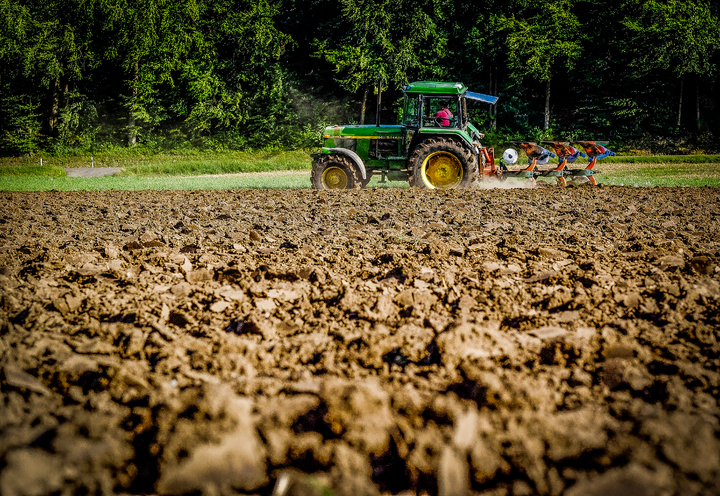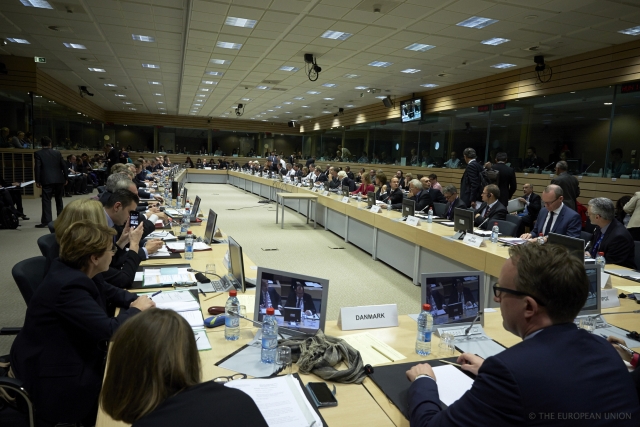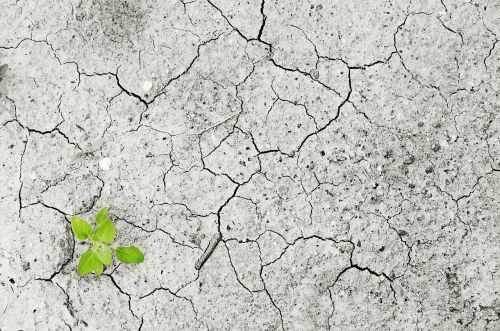We are pleased to welcome this guest post from Emil Erjavec, Professor of Agricultural Economics and Policy, University of Ljubljana, Slovenia.
The current pause in the ‘normal’ functioning of mankind and the European Union in general offers an opportunity to reconsider the functioning of institutions and design of public policies. The battle with the SARS-CoV-2 virus and its associated COVID-19 disease has brought to the forefront the importance of employing knowledge and an evidence-based approach as a basis for public decision-making.
It has also opened a window of opportunity to combat another illness, the prevalent political pragmatism and interest-based nature of policies in general and the Common Agricultural Policy in particular.… Read the rest




